German coalition at adds over sale of Eurofighter Typhoon fighter jets to Saudi Arabia: Report
Germany's ruling coalition government is at odds over whether to give in to British pressure and approve the production of twin-engine and multirole Eurofighter Typhoon fighter jets for Saudi Arabia, more than four years after it halted weapons sales to the Persian Gulf kingdom due to Riyadh's war on Yemen and its role in the killing of dissident Saudi journalist Jamal Khashoggi.
A deal struck by Riyadh and BAE Systems five years ago for the British multinational arms maker to supply 48 such warplanes was put on hold due to the devastating military onslaught against Yemen, where Saudi Arabia played the leading role.
Industry sources told Reuters news agency at the time that a third of the components for the jets come from Germany.
The German-language newspaper Welt Am Sonntag, citing anonymous sources, reported on Saturday that while Chancellor Olaf Scholz of the left-leaning Social Democrats (SPD) and Finance Minister Christian Lindner are willing to allow the export, the Greens and some politicians within the SPD are fiercely opposed to the move.
Then-chancellor Angela Merkel’s coalition agreed in March 2018 to prevent arms from being delivered to any country directly involved in the devastating war on Yemen.
Before the ban, Germany did brisk business with Saudi Arabia with an export volume of 450 million euros ($550 million) in the third fiscal quarter of 2017, according to German broadcaster Deutsche Welle.
German officials claimed at the time the ban was in line with Berlin's stance of not exporting weapons to active conflict zones.
That stance, however, shifted last year as Germany came under pressure to provide Ukraine with weapons during Russia's military operation in the country.
Over the past few months, the British have argued that Germany cannot block the export of Eurofighter jets to third parties.
Saudi Arabia initiated a brutal war of aggression against Yemen in March 2015, enlisting the assistance of some of its regional allies, including the United Arab Emirates, as well as massive shipments of advanced weaponry from the US and Western Europe.
The Western governments further extended their political and logistical support to Riyadh in their failed bid to restore power in Yemen to the country’s former Saudi-installed government.
The former Yemeni government’s president, Abd Rabbuh Mansur Hadi, resigned from the presidency in late 2014 and later fled to Riyadh amid a political conflict with Ansarullah. The movement has been running Yemen’s affairs in the absence of a functioning administration.
The war further led to the killing of tens of thousands of Yemenis and turned the entire nation into the scene of the world’s worst humanitarian crisis.
Somalia officially demands Israel reverse recognition of Somaliland
Hezbollah condemns deadly terror attack on worshippers in Syria’s Homs
VIDEO | US military build-up in Caribbean
Iran parliament probes missing $6.7bn in oil export revenues: MP
Saudi-backed coalition vows to counter UAE allies in Yemen
VIDEO | Heavy rains, flash floods leave Southern California homes caked in mud
‘He chose to save lives’: Netizens rally for Gaza doctor’s release after a year in Israeli jail
US uses Iraqi airspace to spy on Iran, says Iranian ambassador to Baghdad


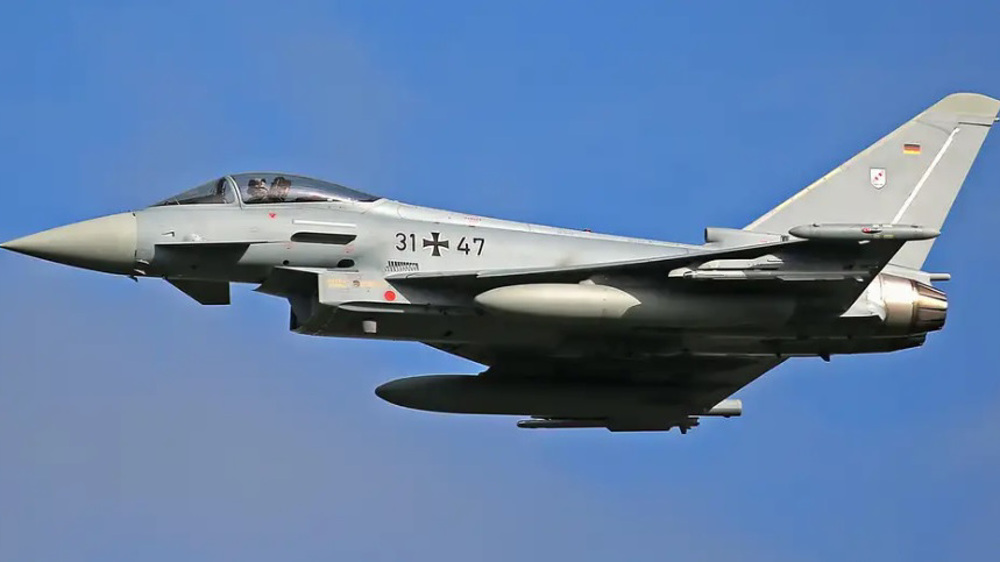
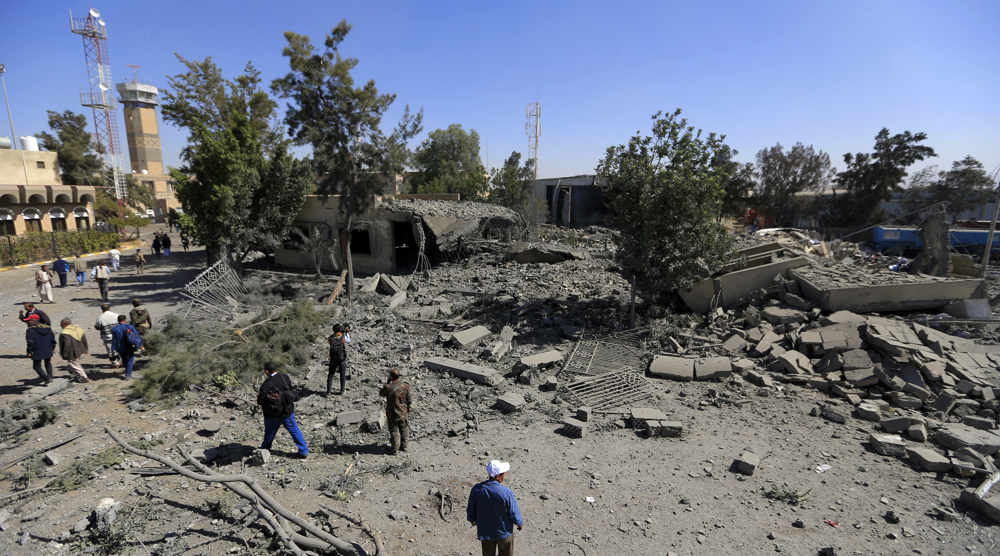
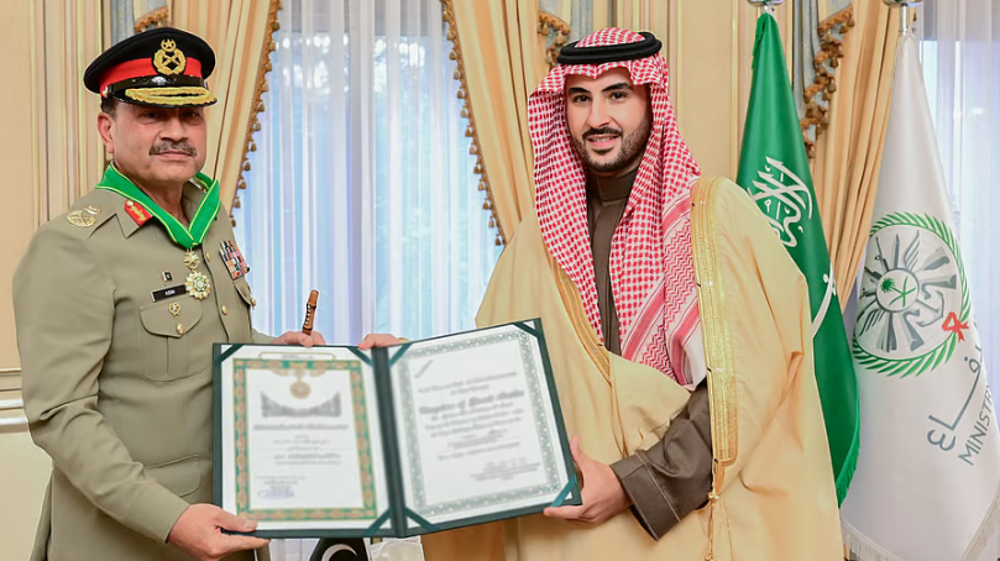
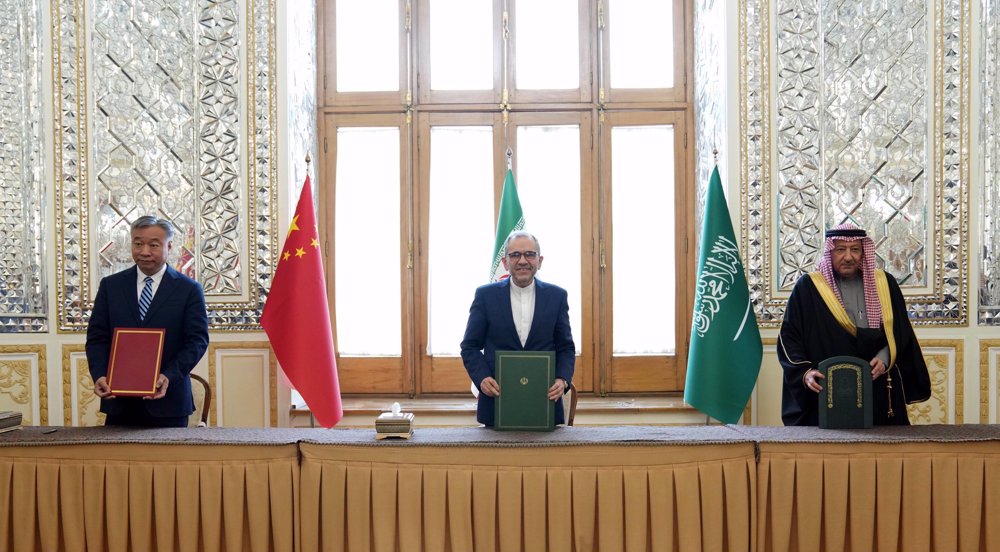
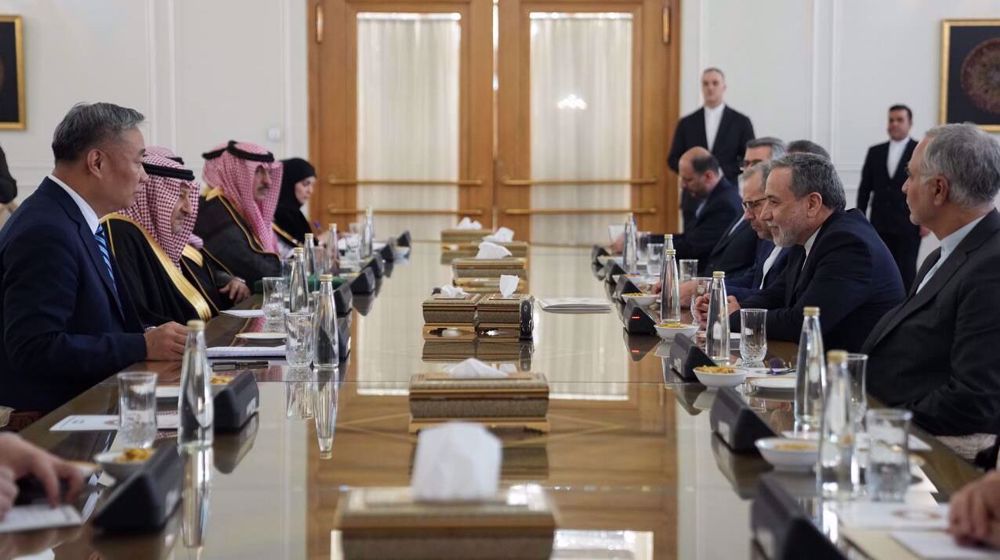



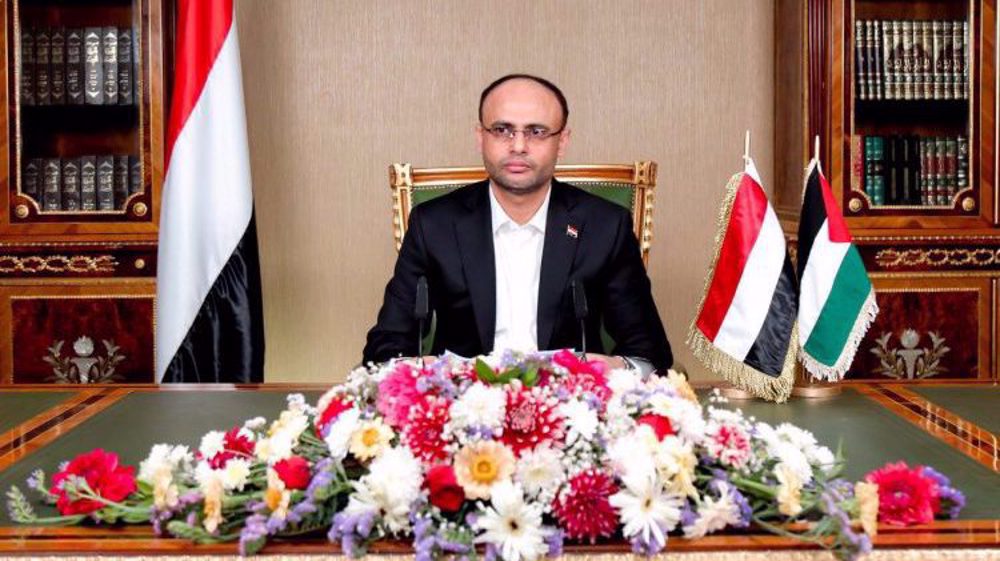
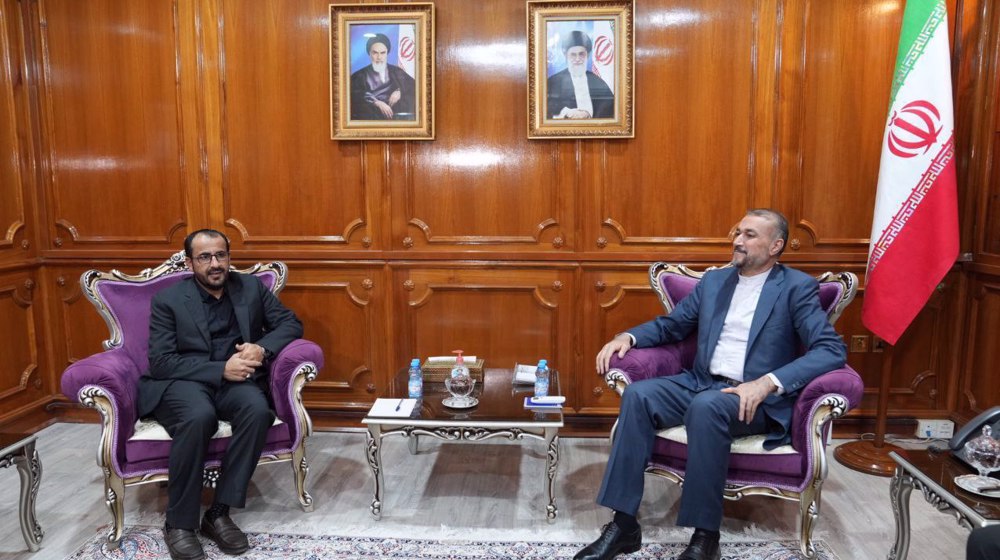
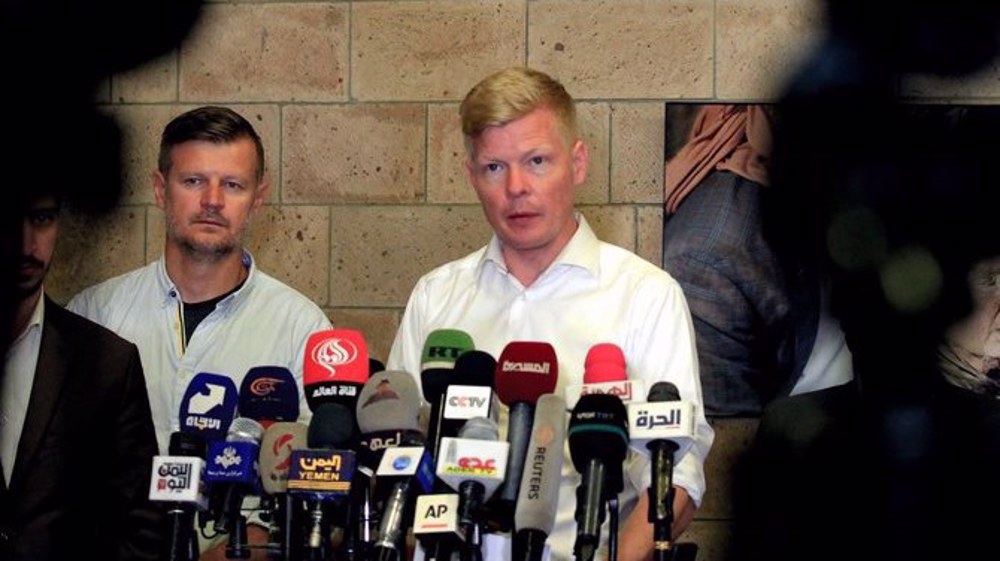
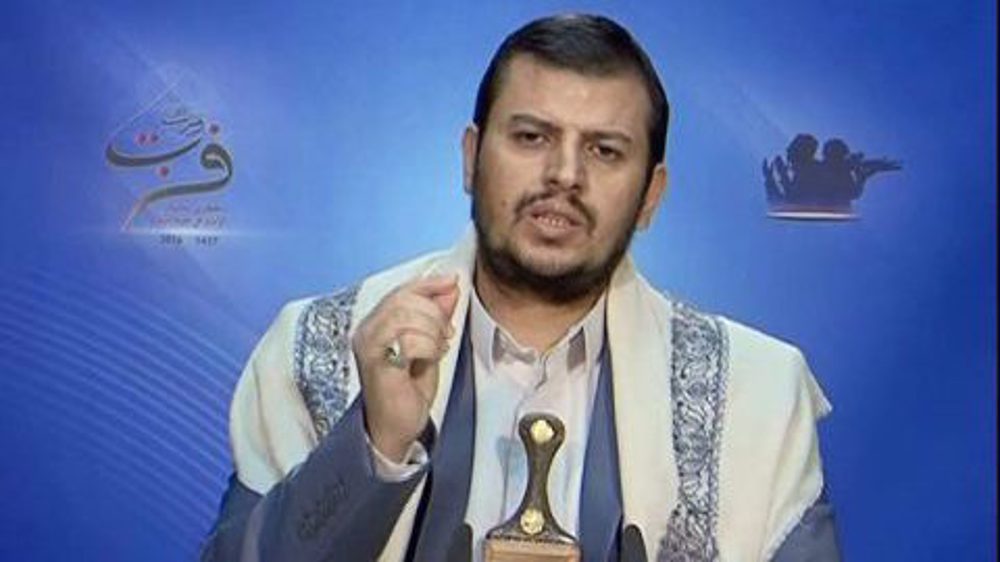
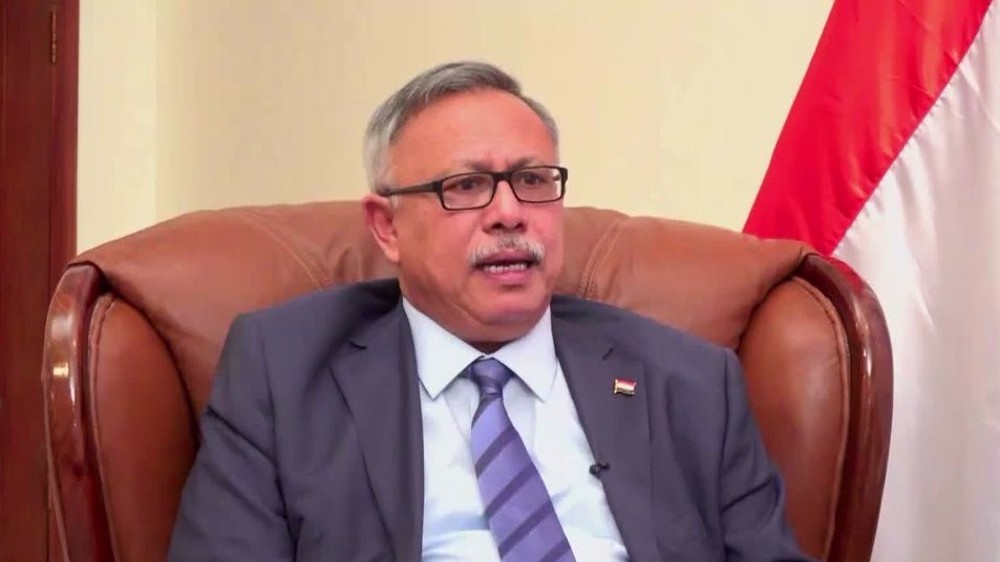
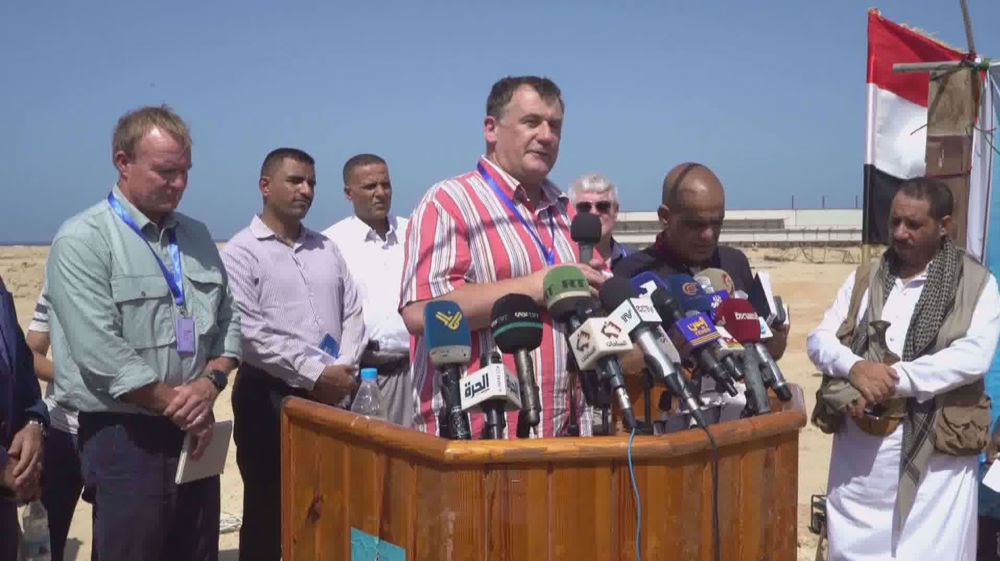
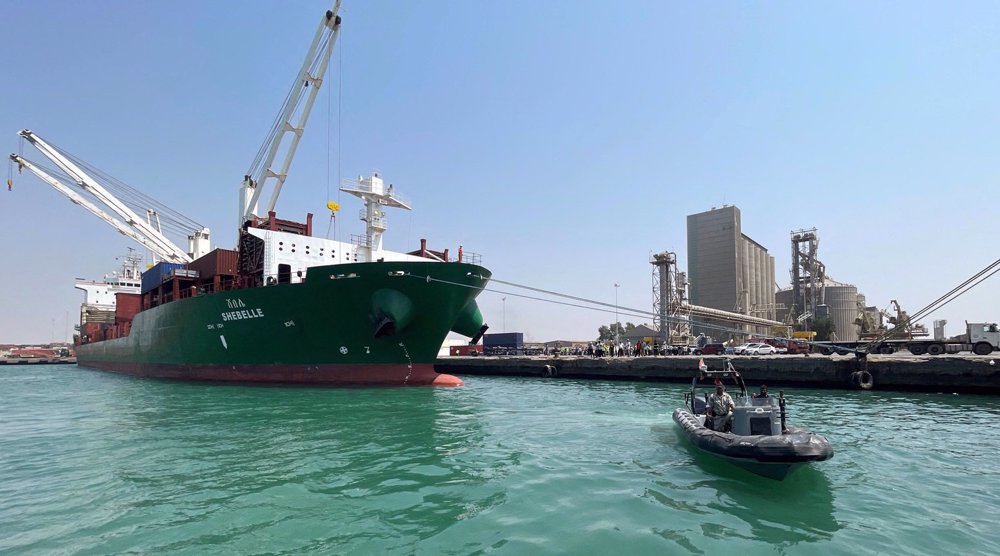
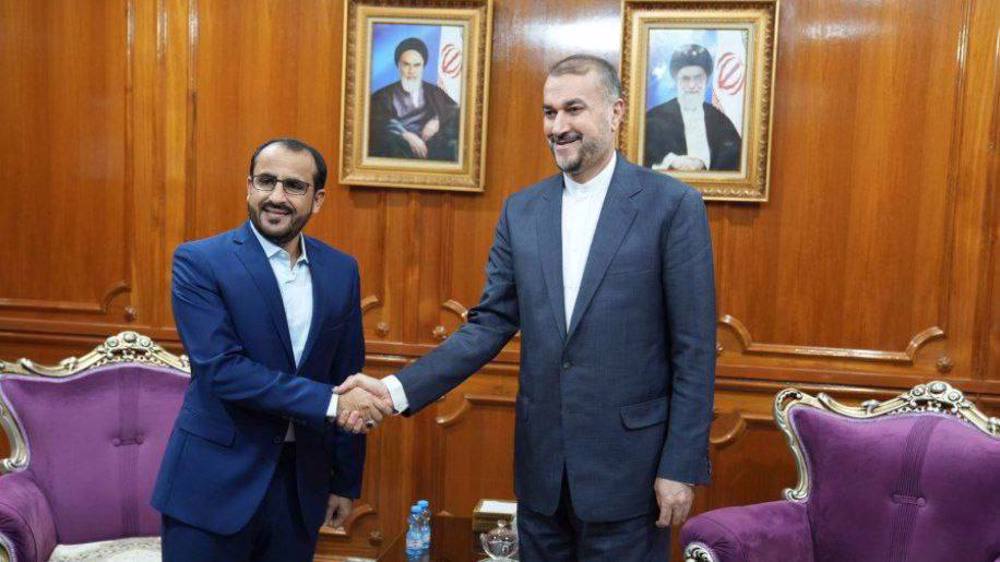
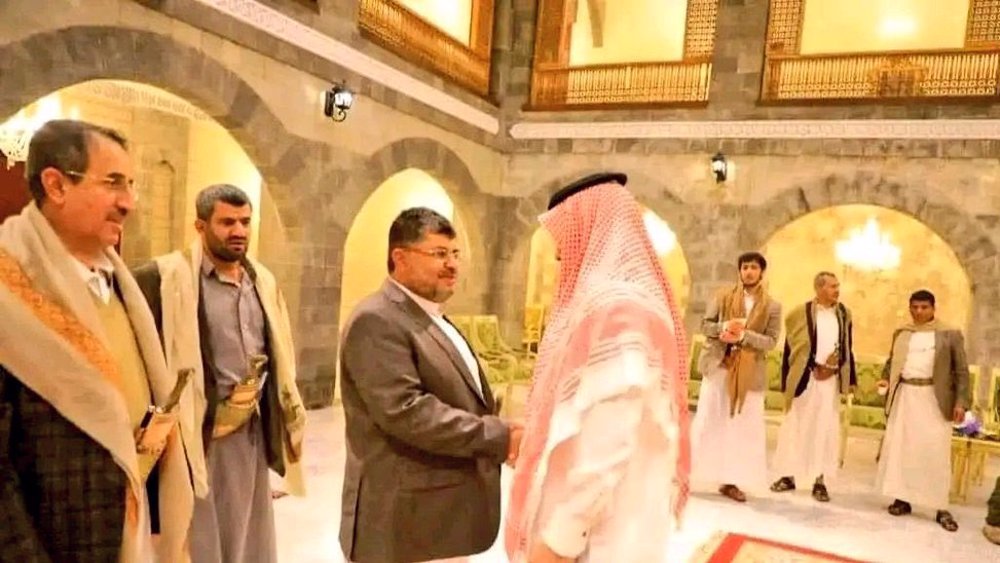
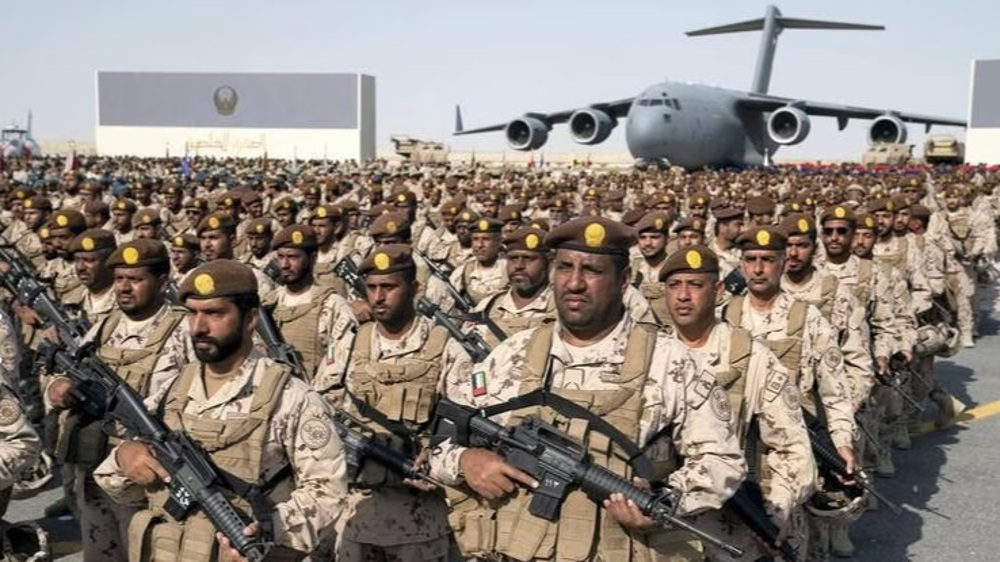

 This makes it easy to access the Press TV website
This makes it easy to access the Press TV website